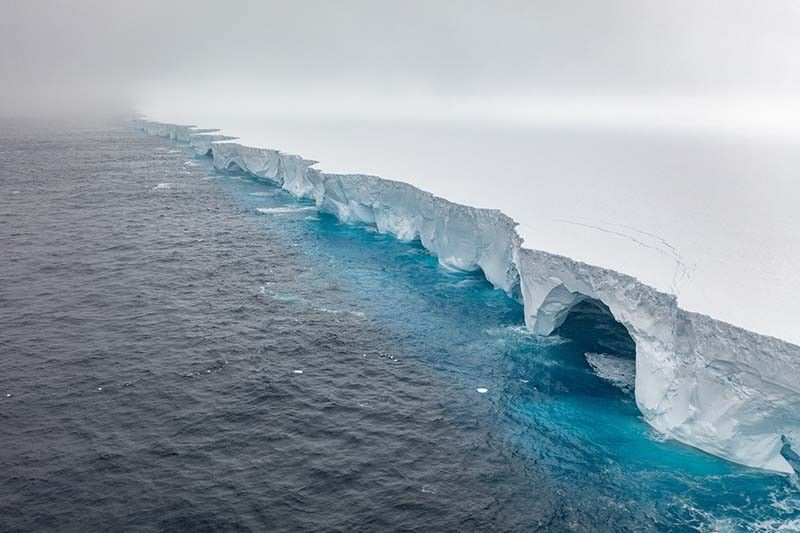UN calls for more investment to protect oceans

BARCELONA, Spain — United Nations agency on Wednesday urged the international community to invest in scientific research to protect the world's oceans which are increasingly threatened by pollution and global warming,
"We have key objectives to achieve. Much has been done for the oceans, but much remains to be done and can be done," Audrey Azoulay, director general of the United Nation's educational, scientific and cultural organisation UNESCO told the opening of a three-day conference in Barcelona dedicated to the protection of the oceans.
"And to do this, we must continue to invest in science" despite the global context of "crisis, wars and fragmentation of the international community," she added.
Azoulay warned oceans were "suffocating," with new temperature records being set regularly.
The European Union's climate monitor Copernicus said Tuesday that average sea surface temperatures had set a new record high in March of just over 21 degrees Celsius, eclipsing the record set in February.
Oceans cover 70 percent of the planet and have kept the Earth's surface liveable by absorbing 90 percent of the excess heat produced by carbon pollution from human activity since the dawn of the industrial age.
Hotter oceans mean more moisture in the atmosphere, leading to increasingly erratic weather, like fierce winds and powerful rain.
"Some may think that our century is experiencing more serious, more urgent and more profound crises than those affecting the ocean ecosystem, but what brings us together here today is crucial for our future," said Monaco's Prince Albert II.
Around 1,500 scientists and representatives of governments and environmental organisations are taking part on the Ocean Decade conference in Barcelona which is organised by the UN.
The gathering aims to encourage scientific research to tackle the threats to the oceans, from global warming to plastic pollution.
After 15 years of talks, UN member states last year adopted a treaty to protect the world's oceans and reverse the damage done to fragile marine environments by pollution, overfishing and other human activities.
- Latest



























